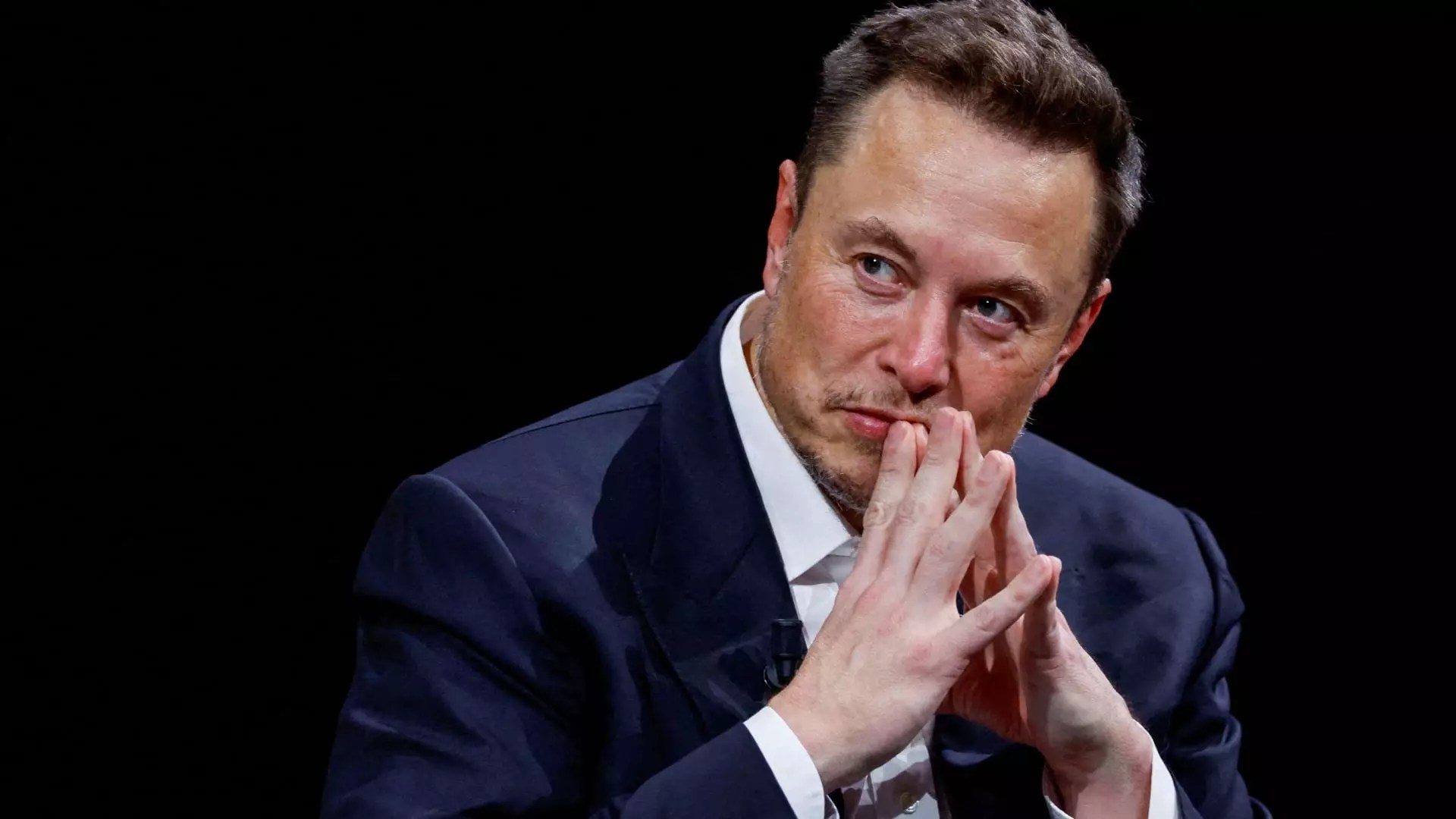Tesla’s reputation as a pioneer in electric vehicles and autonomous driving technology often clouds the harsh reality of its ongoing safety lapses and regulatory non-compliance. The recent federal investigation by the National Highway Traffic Safety Administration (NHTSA) exposes a troubling pattern: delays and potential omissions in reporting crashes involving Tesla’s semi-automated systems. These cover-ups—whether accidental or deliberate—highlight a disturbing disconnect between Tesla’s public assurances of safety and its actual operational transparency.
When automakers neglect to report incidents, especially those involving life-and-death situations, they undermine public trust and risk human lives. Tesla’s purported “fixed data collection” does little to erase the black mark left by delayed crash reports. Such lapses are not trivial bureaucratic errors—they jeopardize accountability and hinder regulators’ ability to oversee real-world performance. If Tesla fails to report fully and promptly, it raises questions about what else might be concealed or ignored, especially regarding fatalities associated with its Autopilot and Full Self-Driving (FSD) systems.
The fact that Tesla’s stock remains largely unaffected by these revelations reveals a troubling disconnect: investor confidence often outpaces genuine safety concerns. Many shareholders seem infatuated with Elon Musk’s visionary rhetoric, blinding them to the mounting safety issues and regulatory risks. This dangerous optimism ignores the fundamental principle that innovation must be rooted in responsibility, not just spectacle.
The Mirage of Autonomous Supremacy and Ethical Neglect
Musk’s relentless push toward mass deployment of autonomous vehicles—such as robotaxi fleets—appears increasingly reckless in light of evidence suggesting systemic reporting failures. While Tesla promotes its vehicles as revolutionizing transportation, its actual track record paints a different picture—one marred by fatalities, regulatory scrutiny, and industry doubts about safety.
There’s a stark disparity between Tesla’s portrayal of autonomous driving as safe and the grim data emerging from independent trackers like TeslaDeaths.com. The reality is that at least 59 lives have been lost in incidents involving Tesla’s autopilot systems. These numbers cast a haunting shadow over Musk’s ambitious claims of safe, fully autonomous ride-hailing services on American streets. The commitment to innovation should not come at the expense of human lives, yet that’s precisely what appears to be happening behind the scenes.
Furthermore, Tesla’s approach raises profound ethical questions about transparency and corporate accountability. Are shareholders aware of the full extent of risks associated with FSD and Autopilot? Are regulators being given an accurate picture of performance to ensure public safety? The current scenario suggests the answers are unsettlingly murky. The company’s tendency to prioritize marketing hype over rigorous safety evaluation fosters a culture of complacency that could prove catastrophic in the long run.
The Political and Market Realities: A Fraudulent Facade?
Tesla’s strategic positioning as a technological leader is undercut by its political affiliations and market performance. Musk’s controversial political stance, including backing re-electing Trump and opposing federal efforts to regulate autonomous vehicles more stringently, suggests a willingness to prioritize ideological battles over safety standards. This astute yet ethically questionable maneuvering feeds a narrative that risks putting profits and ideology above public welfare.
Meanwhile, Tesla faces tangible market pressures—declines in sales and profits, fueled partly by consumer skepticism driven by safety concerns and Musk’s inflammatory rhetoric. The lack of clarity regarding how revenues from robotaxi services will materialize adds to a growing skepticism about Tesla’s long-term promises. Critics argue that the company’s emphasis on flashy prototypes and bold claims belies a faltering foundation that may crumble once regulatory scrutiny intensifies.
The ongoing debate over Tesla’s safety and the pace of its autonomous ambitions is not merely about technology; it’s about corporate integrity and moral responsibility. The question remains whether Tesla can reconcile its lofty goals with the imperative of safeguarding human lives—a reconciliation it has so far failed to demonstrate convincingly. Until there is real transparency, comprehensive reporting, and unwavering accountability, Tesla’s autonomous dream will remain a risky gamble—one that could have devastating consequences if its foundational promises prove hollow.

